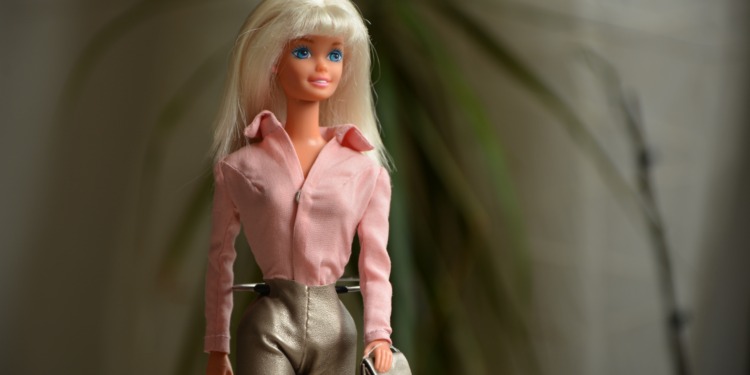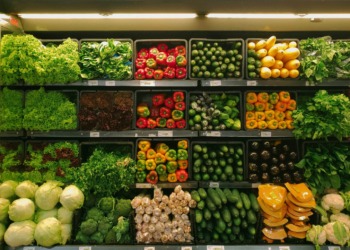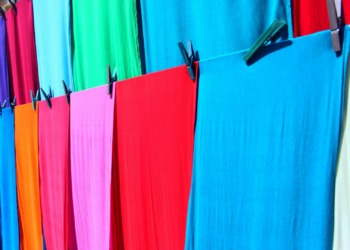The recent collaboration between Primark and Mattel has brought a new Barbie collection to Primark’s stores. This partnership anticipates the release of the new Barbie movie directed by Greta Gerwig, featuring Margot Robbie and Ryan Gosling. The film will be out on July 21.
Beyond the upcoming movie, there have been many discussions regarding the collaboration between Mattel, the company behind Barbie, and Primark, the fast fashion giant.
The Barbie Collection: leveraging movie hype for fashion
Primark’s Barbie collection offers a range of affordable fashion pieces, tapping into the enthusiasm surrounding the upcoming Barbie movie release. Items are priced from £3 to £20, and the collection spans various categories, allowing customers to embrace their inner Barbie and Ken.
Nevertheless, this partnership between a film and Primark’s fast fashion ethos raises concerns about the environmental and social impacts of the industry’s rapid turnover of inexpensive clothes.
Primark, Fast Fashion and Barbie: A New Dilemma
Primark is the most exposed player in this partnership but is not the only company involved. It is essential to acknowledge the role of Mattel, the company behind Barbie. Mattel can shape the values associated with the iconic figure of Barbie. That is why the collaboration with Primark raises discussions about a cultural icon’s compatibility with sustainability principles.
By examining the issues related to Primark, Barbie, and fast fashion, we can explore the topics related to sustainability in the fast fashion industry. Furthermore, this raises questions about the duty of intellectual property owners to encourage ethical fashion decisions and forge partnerships that align with moral principles.
Discovering the power of sustainable fashion
Amidst the Barbie film, an extraordinary opportunity emerges for the movie industry and brands to champion sustainable fashion. Will pursuing fashion trends overshadow sustainability concerns, or can this collaboration pave the way for transformative change?
Collaborations between major movies and eco-conscious brands have the potential to revolutionize the industry. However, sustainable brands could face a critical challenge in meeting the surging demand generated by blockbuster films. To tackle this challenge, strategic partnerships with more prominent manufacturers committed to responsible production methods can provide a viable solution. Thanks to these partnerships, sustainable brands can scale up their production capacity while maintaining environmental and social standards.
RELATED ARTICLES: The H&M Greenwashing Scandal: Has Business Learned the Lesson? | Greenwashing Warning Signs: How to Spot Them | Sustainability Battle of Brands: Patagonia vs The North Face |
Education plays a pivotal role in fostering a culture of mindful consumption too. Empowering consumers with information about the detrimental impacts of fast fashion and highlighting the benefits of sustainable alternatives can drive a paradigm shift in consumer behavior.
The entertainment industry has an opportunity to promote sustainable fashion campaigns. Artists, actors, musicians, and other influential figures have a powerful platform to raise awareness and affect consumer behavior.
Including sustainable fashion in films, TV series, and music videos can highlight characters and performers who value ethical and sustainable fashion decisions. It can encourage viewers and fans to adopt sustainable fashion so that other similar Primark and Barbie fast fashion partnerships won’t happen anymore.
Editor’s Note: The opinions expressed here by the authors are their own, not those of Impakter.com — In the Featured Photo: Barbie Doll. Featured Photo Credit: Unsplash.










